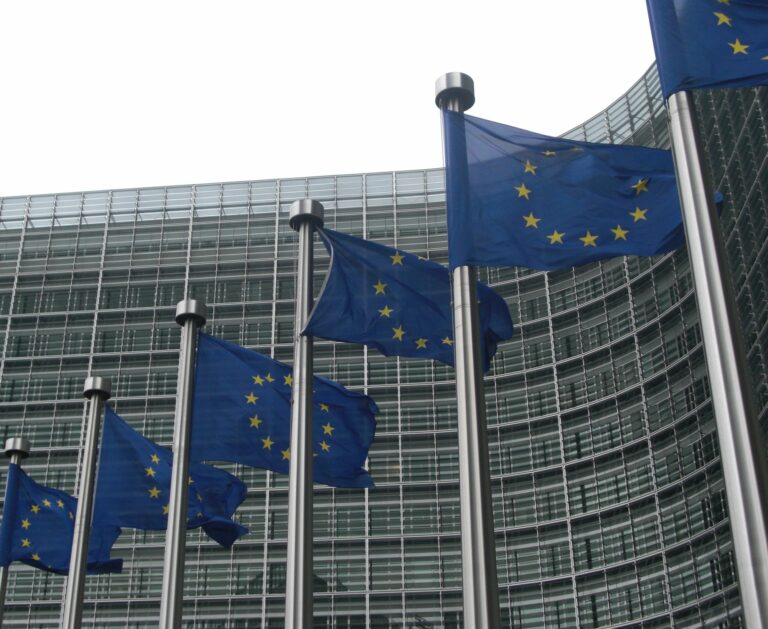Health Emergency Preparedness and Response Authority (HERA)
- Founded
- September 2021
- Governance
- European Commission
- Funding
- HERA activities will rely on a budget of 30 billion euro: 6 billion euro from the long-term EU budget and 24 billion euro from other EU programmes. In addition, HERA will use financial instruments (e.g. loans, guarantees, capital investment) to mobilise private funding in cooperation with the European Investment Bank.
- Description
HERA will be part of the European Commission and will anticipate threats and potential health crises, through intelligence gathering and building the necessary response capacities, e.g. increased manufacturing capacity of key medical products. When an emergency hits, HERA will ensure the development, production and distribution of medicines, vaccines and other medical countermeasures. HERA will bring together different stakeholders in this joint effort, like EU member states and pharmaceutical industry. There will be two different modes in which HERA can operate, the ‘preparedness phase’ and the ‘crisis phase’. The European Commission plans to have HERA operationalised early 2022.

Strengths
- Accelerates research and development (R&D), manufacturing, procurement and stockpiling of medical products.
- Can also respond to health threats other than Covid-19.
Weaknesses
- No conditions attached to HERA’s (public) funding for research and development of medical products, in order to foster access and affordability.
- Lack of democratic legitimacy: the proposal on HERA has moved forward without meaningful discussion with the European Parliament and civil society.
- Lack of transparency and accountability on the functioning of HERA.
- Aimed at the EU only.
- Previous experiences of advanced purchasing agreements of the European Commission have led to concerns on transparency on pricing and liability, and ‘skipping the queue’ at the expense of low- and middle-income countries.
- Little information on how HERA will support low- and middle-income countries during health crises.
- Pharmaceutical industry has preeminent role in HERA, including through the ‘Joint Industrial Cooperation Forum’, risking a dominant pharma lobby undermining public health interests.
Review
HERA can play an important role in current and future health emergencies, for instance through funding of research and development (R&D) of new medical technologies. Unfortunately HERA has a very strong focus on the EU and is therefore expected to have a very limited effect on global equitable access to future medical technologies. To extend the geographical impact of HERA, the European Commission should attach pro-public interest conditions to its research funding, for instance the sharing of intellectual property and know-how on key medical products through global initiatives like C-TAP, or investment in local manufacturing capacity in low- and middle-income countries.
Since HERA will operate directly under the European Commission, there is no democratic control over this initiative. The European Parliament so far, has had no influence on the objectives and budget of HERA. Additionally, the involvement of civil society has been left out completely, while the pharmaceutical industry is given a prominent role. This creates a lack of proper representation putting at risk health equity principles.